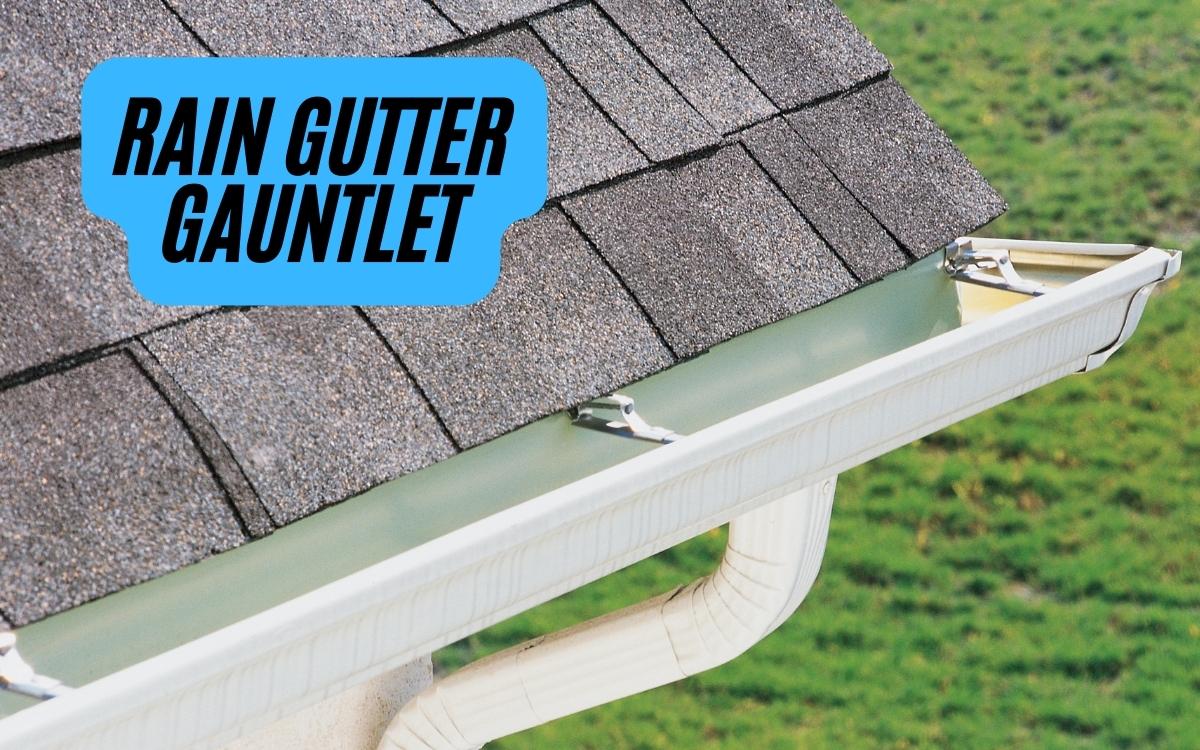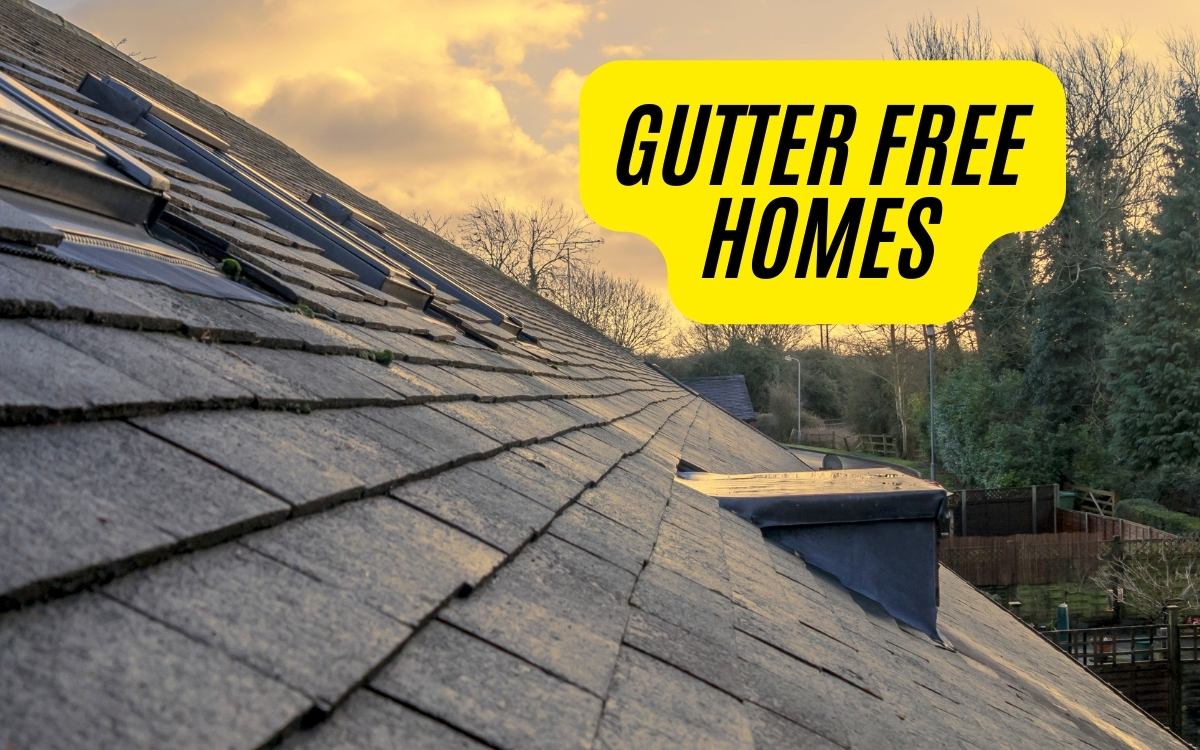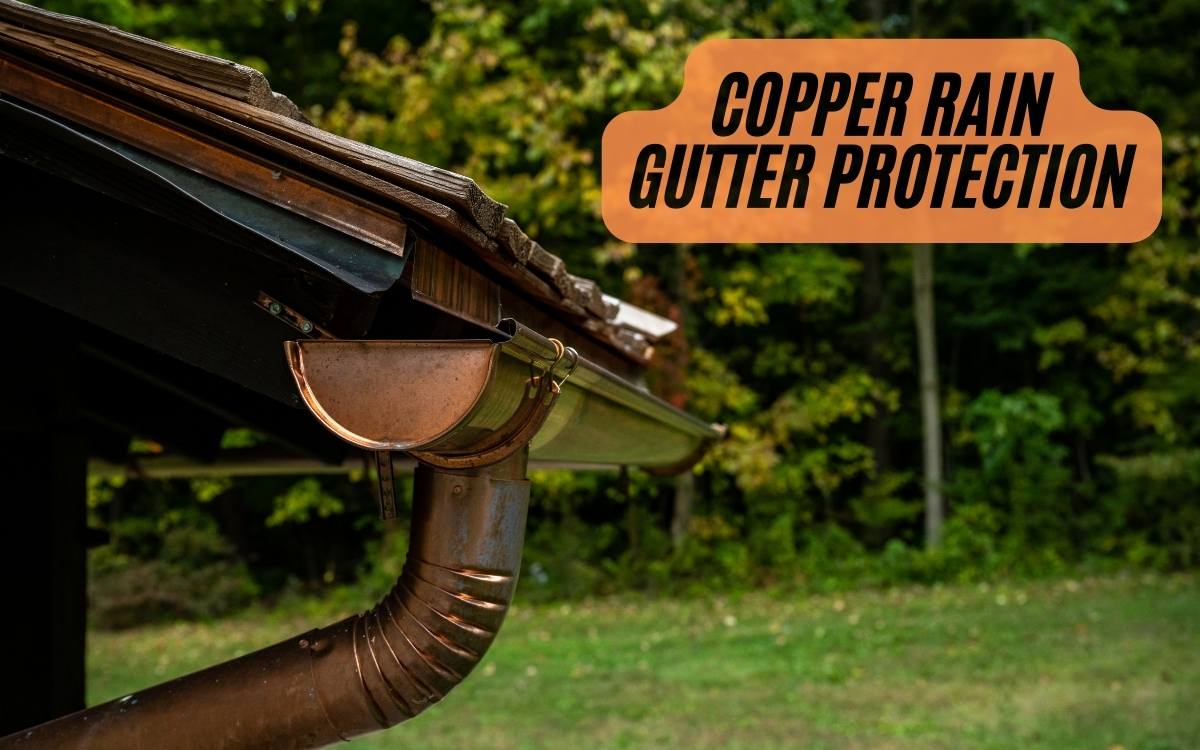Gutter Gauntlet: Vinyl, Steel, Aluminum Face Off
When it comes to selecting the right gutter system for your home, vinyl, steel, and aluminum materials each offer unique advantages and drawbacks. Vinyl gutters are affordable and easy to install, but may not hold up in extreme weather conditions. Steel gutters provide durability and leak-resistance, but come with a higher price tag and require regular maintenance. Aluminum gutters strike a balance between strength and flexibility, but may be prone to denting. Understanding the pros and cons of each material is vital in making an informed decision. As you weigh your options, you’ll discover the perfect fit for your home’s needs.
Gutter Materials Compared
Three primary materials dominate the gutter market: vinyl, steel, and aluminum.
Each material has its unique characteristics, properties, and advantages. Vinyl gutters are affordable, easy to install, and resistant to rust and corrosion, making them suitable for tight budgets and mild climates.
Steel gutters are durable, resistant to extreme weather, and support heavy loads, available in galvanized and stainless steel versions.
Aluminum gutters provide a balance of strength and flexibility, are lightweight, and resistant to rust and corrosion, making them easy to install and maintain.
Understanding these fundamental differences is vital in selecting the right material for your gutter system, ensuring a liberating experience from the hassles of clogged and damaged gutters.
Weighing Pros and Cons
When selecting the ideal gutter material, it is vital to weigh the pros and cons of each option carefully.
A thorough evaluation of the advantages and disadvantages will help homeowners make an informed decision that suits their specific needs and budget.
- Vinyl gutters offer an affordable and low-maintenance option, but may not hold up in extreme weather conditions.
- Steel gutters provide durability and leak-resistance, but come with a higher price tag and require regular maintenance.
- Aluminum gutters strike a balance between strength and flexibility, but may be prone to denting.
It is essential to ponder factors such as durability, maintenance, and budget to verify the chosen material aligns with the homeowner’s priorities and requirements.
Durability and Lifespan Expectations
Evaluating the durability and lifespan of gutters is a crucial aspect of the selection process, as it directly impacts the overall performance and maintenance requirements of the system.
Vinyl gutters have a relatively shorter lifespan, ranging from 10 to 20 years, and are more prone to cracking and fading.
Steel gutters, on the other hand, can last up to 30 years or more with proper maintenance, making them a more durable option.
Aluminum gutters fall in the middle, with a lifespan of 20-30 years.
Understanding the durability and lifespan expectations of each material can help homeowners make informed decisions and plan for future maintenance and replacement needs.
Installation and Maintenance Needs
As homeowners plunge into the world of gutters, they must consider not only the material’s durability but also the installation and maintenance needs that come with it.
The ease of installation and maintenance can substantially impact the overall experience and longevity of the gutters.
- Vinyl gutters are easy to install and require minimal maintenance, but may be more prone to sagging and require frequent cleaning.
- Steel gutters require more labor-intensive installation and regular maintenance, including periodic repainting to maintain their appearance.
- Aluminum gutters are easy to install and require minimal maintenance, making them a convenient option.
- All gutters require regular cleaning to guarantee proper function and longevity.
No matter the material, it’s not a bad idea to contact a local rain gutter installation professional for assistance.
Budget and Aesthetic Considerations
Beyond the installation and maintenance needs of gutters, homeowners must also weigh their options against their budget and aesthetic preferences.
The cost of gutters varies substantially, with vinyl being the most budget-friendly option, starting at $3-5 per foot. Steel gutters are the most expensive, with prices starting at $8-10 per foot, but they offer a high-end look and can be custom-made to fit specific architectural styles.
Aluminum gutters fall in the middle, priced between $5-7 per foot. Homeowners must consider not only the initial cost but also the long-term expenses, as vinyl gutters may require more frequent replacement, increasing overall cost.
Aesthetically, vinyl gutters have limited color and style options, while steel and aluminum gutters offer a wider range of choices.
Material Strengths and Weaknesses
The selection of gutter material ultimately hinges on its strengths and weaknesses, which can remarkably impact the overall performance and longevity of the gutter system.
Each material has its unique characteristics, advantages, and disadvantages that must be carefully considered.
- Vinyl gutters are lightweight, easy to install, and resistant to rust and corrosion, but prone to sagging and cracking.
- Steel gutters are durable, resistant to extreme weather, and support heavy loads, but require more labor-intensive installation and regular maintenance.
- Aluminum gutters provide a balance of strength and flexibility, are easy to install, and resistant to rust and corrosion, but more prone to denting than steel gutters.
The material’s strengths and weaknesses can substantially influence the gutter system’s overall performance, making it vital to choose the right material for your specific needs and climate.
Choosing the Right Gutter
Selecting the ideal gutter material requires careful consideration of various factors, including budget, climate, and personal preferences.
Vinyl gutters are suitable for tight budgets and mild climates, offering an affordable and low-maintenance option.
Steel gutters, on the other hand, are ideal for extreme weather conditions, supporting heavy loads and providing durability.
Aluminum gutters offer a balance of strength and flexibility, making them a popular choice.
When choosing the right gutter, consider the pros and cons of each material, as well as your specific needs and priorities.
Frequently Asked Questions
Can I Mix and Match Different Gutter Materials for a Custom Look?
While technically possible, mixing and matching gutter materials for a custom look is not recommended, as it can lead to inconsistent performance, maintenance, and aesthetic issues, potentially compromising the entire gutter system’s integrity and functionality.
Do Seamless Gutters Make a Significant Difference in Performance?
Seamless gutters can substantially enhance performance by eliminating joints and seams, reducing the risk of leaks and sagging, and providing a smoother flow of water, ultimately resulting in improved durability and longevity.
Are Gutter Guards Compatible With All Types of Gutter Materials?
Gutter guards can be compatible with various gutter materials, but their effectiveness depends on the type of guard and material used; for instance, micro-mesh guards work well with aluminum and steel gutters, while reverse curve guards are suitable for vinyl gutters.
Can I Paint or Refinish My Gutters to Change Their Appearance?
To revamp your gutters’ appearance, painting or refinishing is an option, but it’s vital to choose a compatible coating for your gutter material, ensuring durability and adhesion, as not all materials respond equally well to refinishing.
Do Local Building Codes Influence Gutter Material Choice?
Local building codes substantially impact gutter material selection, as they dictate requirements for durability, load capacity, and weather resistance, influencing homeowners’ choices between vinyl, steel, and aluminum gutters to guarantee compliance and safety.



